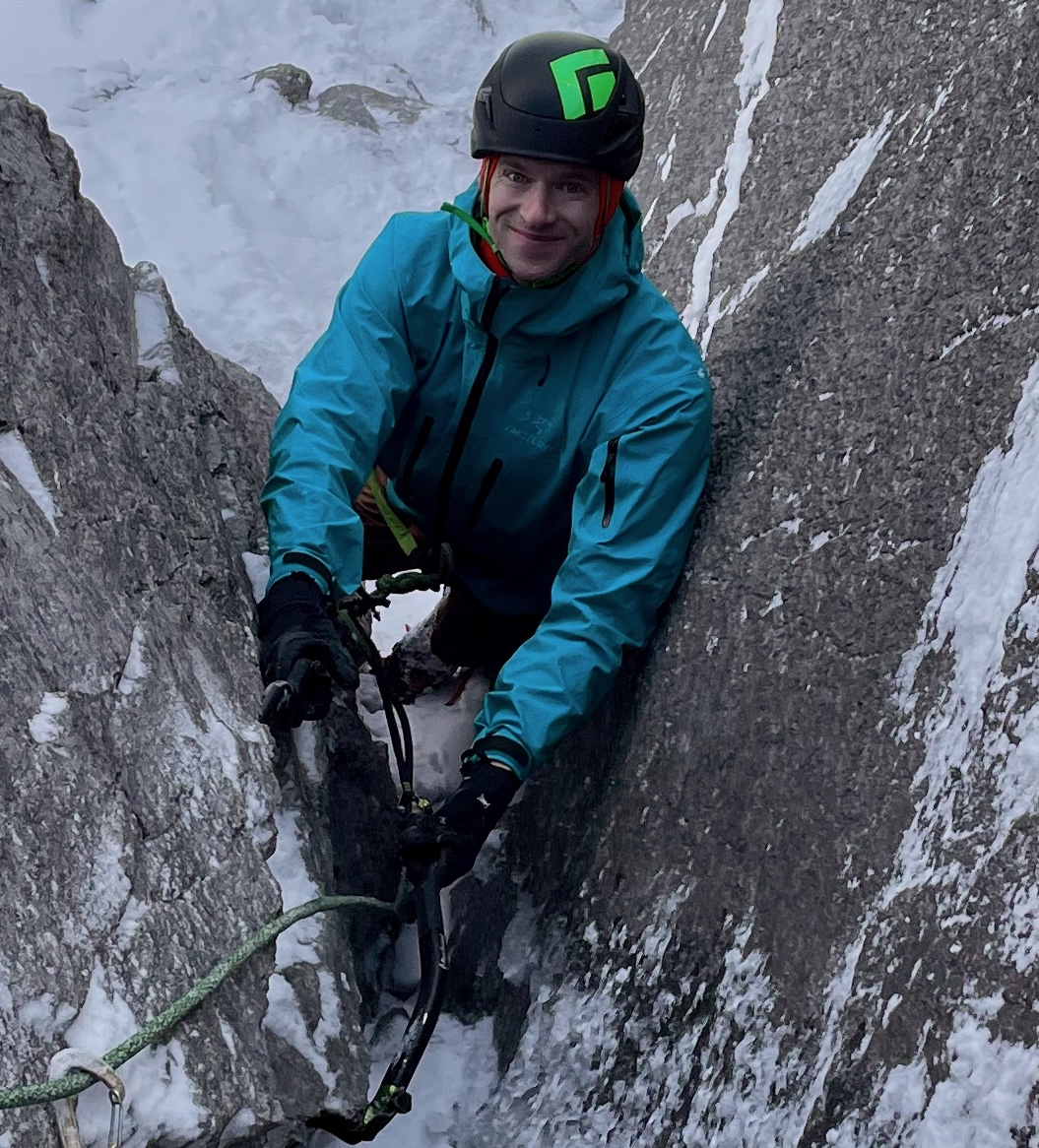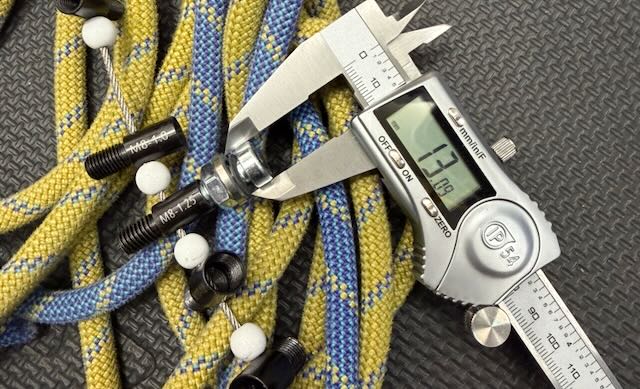When climbing accidents happen, we all want to know the details. We feel entitled to this information. The victim is doing us a disservice by not sharing it.
This attitude does more harm than good.
Why do we want to know?
Because we want to learn! We’ll be safer if they tell us. But let’s examine this. How likely is it that there is something truly unique about a recent accident? Let’s consider rappeling accidents. Perhaps someone rappeled off the end of their rope. Or maybe they didn’t set up their belay device correctly. Is there anything new here? Are there hazards we didn’t know about before? Probably not. Are we going to be extra careful rappelling for a little while? Probably.
But should we be extra careful? Is rappeling, or one specific part of rappeling, any more dangerous than it was before this particular accident? No! This is called Recency Bias, where we treat more recent events as more important. We should always be careful when rappelling, but that holds true regardless of whether or not there was a recent accident.
Improve your personal safety by learning, practicing, and holding yourself and your partners to a high standard. If you really want to analyze accidents, consult Accidents in North American Climbing, not someone who is hurting.
A more selfish motivation for knowing
At some level, we want to know what happened so that we can convince ourselves it won’t happen to us. We don’t always want to acknowledge this, but it’s true. None of us want to get hurt or die in the mountains, but we’re confronted with that possibility when we hear about an accident. By digging into the details, we can try to convince ourselves that there was one decision or mistake we would not have made, and as such, we would not have had that outcome. And maybe that’s true sometimes. But this is just an exercise in making ourselves feel better. And it happens at the detriment of someone who might just be an unlucky version of us.
The impact on those involved
Those involved in accidents often feel a considerable sense of shame. No one wants to admit that they fell leading ice, or that they got swept by an avalanche. Maybe they were complacent, maybe they were unlucky. But when we pile on as a community, demanding details and critiquing decisions, we worsen a bad situation. It hurts the victim, it hurts the people they were with, and it hurts their friends and loved ones.
So be compassionate
When you are engaging with someone who has experienced trauma, asking about the details of what happened is selfish. What we should do is ask how they are doing, and whether there is anything we can do to support them. They’re still a good person, and they’re still a good member of our community. Assure them of that!
Someday, when you roll snake eyes, you’ll want the same compassion extended to you.
If you or someone you know has been affected by trauma in the mountains, consider reaching out to Mountain Muskox.
Mountain Muskox offers circles of support for people who have been impacted by loss or trauma in the mountains.




